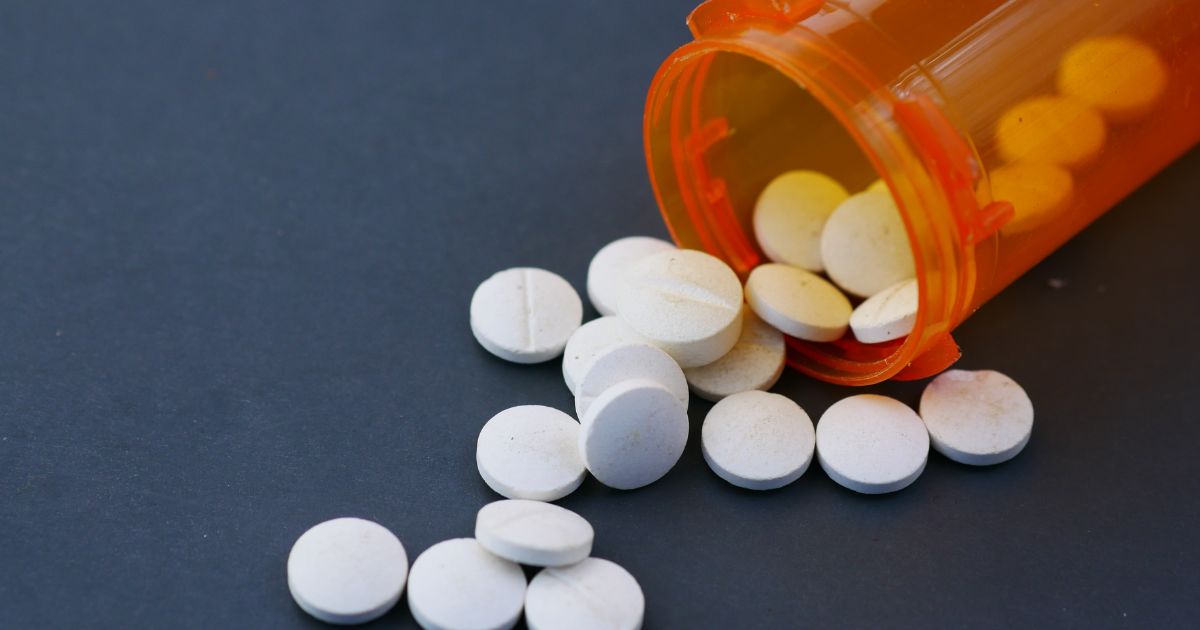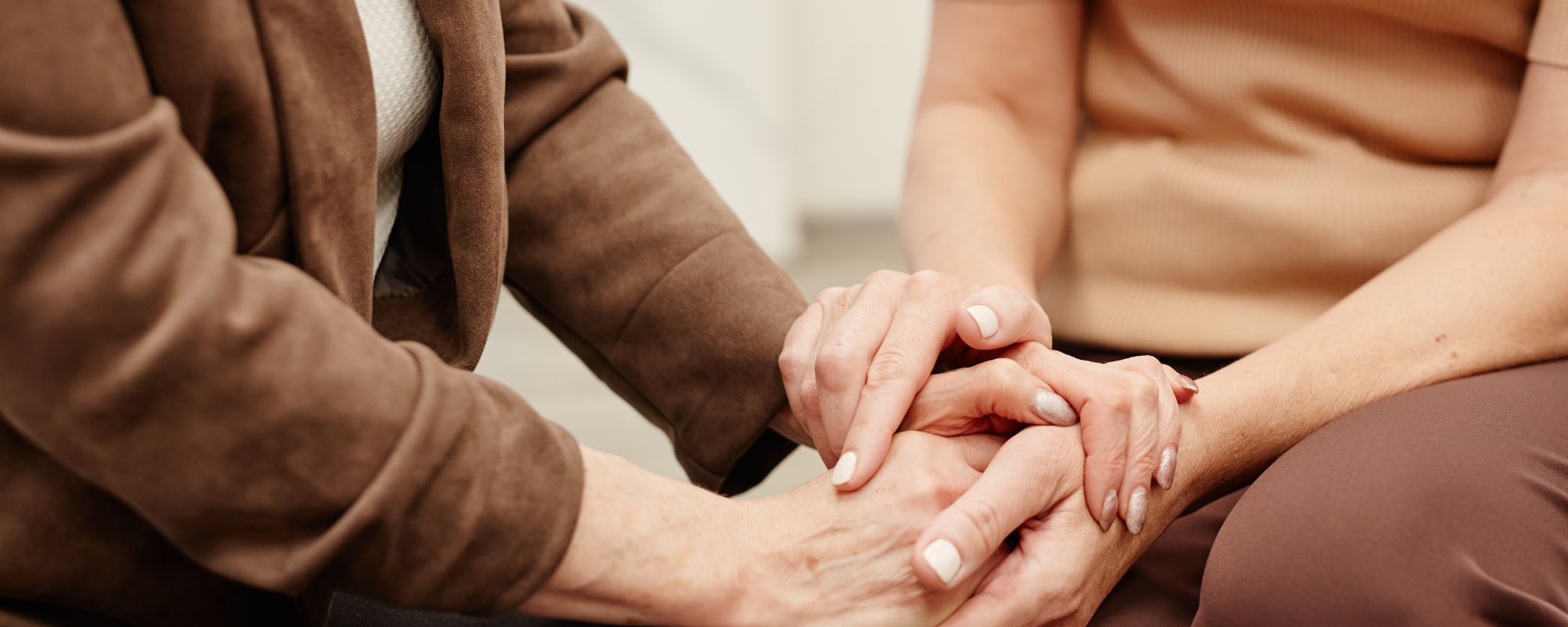In addiction treatment, intensive therapy will bring up a lot of strong emotions and you may find yourself feeling somewhat drained if you’re not properly tending to yourself in between therapy sessions. In order to do a mental detox, these strong emotions need to be brought up; the only way to cleanse your mind is knowing what toxins you are removing. People don’t clean an already clean object, they only clean something when it has been it becomes muddy. In order to detox mentally, you need to first recognize all of the poisonous thoughts and behaviors you have, because they are weighing you down.
The only way to effectively mentally detox is by bringing up the things that are toxic and counter them with health, then it’s only a matter of maintaining the mindset you achieve after the mental detox. In an addiction treatment center like ours at Royal Life Centers, guests will learn a range of skills and tools that will help them rebuild a happy, healthy, and meaningful life in sobriety.
What Does a Mental Detox Do?
The goal of doing a mental detox is to give yourself a break, recharge, and reflect. Stop unhealthy patterns of thought, cleanse your unwanted negativity and get rid of toxicity that affects your outlook, attitudes, and behaviors. A negative mentality will continue to harm you, especially in addiction treatment. Drug and alcohol addiction requires comprehensive treatment, including addressing both substance abuse and mental health. Our treatment programs for alcohol and substance use disorder will teach men and women various coping skills, and methods to take care of themselves in sobriety.
Included in our drug addiction treatment, is an emphasis on self-care. Self-care is extremely important in maintaining sobriety with a healthy state of mind. Included in self-care is paying attention to your thoughts, patterns, and behaviors, gaining awareness and making healthy changes when necessary. You don’t need to wait until you are out of a rehab center to be practicing these skills; there is no better time to build these skills into your routine and practice them often than during your time in treatment with us.
It’s so easy to get caught up in negativity, but it is just as easy to get caught up in positivity! Give yourself a break, here’s how to mentally detox in an addiction treatment center:
- Practice mindfulness in every moment
- Write it down
- Stay focused on the positives
- Write a gratitude list nightly
- Let go of obsessing
- Meditation
- Physical wellness like yoga, cardio, or just taking a walk
- Go through each day and record all of the positive interactions you had
- Create artwork
- Listen to uplifting music
- Ask yourself, what are you paying attention to?
- What deserves space in your mind?
- Remember: your energy is a valuable resource, so use it wisely
- Set aside 5 or 10 minutes each day to worry
- Have a plan
- Spend time outside
- Make a decision to let go of people who are toxic to you in your life and in your sobriety
- Do an exercise where you reflect on how your life would feel if you didn’t know how it looked (Weist).
- Be selectively social
- Counter any intrusive negative thoughts with one fact about the bigger picture
- Commit to protecting your mental space
- Sleep
- Actively increase the positive things in your life
Get rid of cluttered thoughts by writing them down. Release any thoughts you may have and try to keep them all in one journal— a journal used specifically for this reason alone.
Find the silver lining in every situation. If you’re having a particularly hard time, adopt the mindset that your struggles will give you strength for any other situation in the future.
Count your blessings. Try writing down 5 or more things you are grateful for each night, this could be anything from the meal you had for dinner to the opportunity for a fresh start.
Ruminating thoughts are poisonous to you and your recovery. Try distracting yourself from negative thought patterns by listening to music, exercising, or doodling.
You won’t only improve your blood circulation and get exercise, but it will clear your mind.
Include things like what you learned, what you accomplished, who helped you, who you helped— help prime your mind to recognize the good things in each day, and you will have a more positive outlook.
Express yourself with this therapeutic activity.
try music without lyrics and a fast tempo— this type of music is proven to increase productivity and energy. Need to calm down? Opt for lyric-less music with a slow beat and tempo, as this type of music triggers our “relaxation response”
Do an inventory of the thoughts you are focusing on, so that you can redirect any negative thoughts. The more energy put into something, the more powerful you make it.
Make a list and review it various times through out each day to remind yourself
This set time will be your only time to worry, complain, etc. Those 5 or 10 minutes should be the only time within your day that you use for this purpose. Try scheduling in this time to make it more of a routine, for example, from 6:00-6:10pm each day.
Create a plan for any events or situation that may put you in a harmful or dangerous state of mind. This is called a “safety plan,” and should be used in the event of an emergency type situation. Write the plan down, and be sure to be specific. Some things on your safety plan may include: sitting in a safe space, grabbing a friend to talk to, using a specific guided meditation, doing deep breathing exercises, etc.
nature has healing properties which will help you connect better with your environment, bring you peace, allow you to stay in the present moment by using sensatory indicators for mindfulness, and give you a sense of the larger picture.
Only talk to people who are bettering you as a person, helping your recovery, and supporting your sobriety. You want only supportive people who want the best for you in your corner.
This includes actively working to focus on the positives, and avoiding anything that brings negativity into your life.
Make sure you’re getting at least 8 hours of sleep each night. You can’t function at your best if you aren’t getting the adequate amount of sleep. Sleeping restores us from the inside, out.
Instead of taking a nap, do something that makes you happy like playing a card game or drawing. By increasing the positives in your life, you are accumulating joy.
Device Detox
If you are enrolled in our aftercare services (PHP, IOP, OP) and have your cellphone, there are a few other ways to mentally detox. Having access to your cellphone again can be exciting, but it also can bring on a lot of stress and unnecessary anxiety.
If you find yourself spending an excessive amount of time on your phone, or put yourself down from looking at social media, or worry about posting and what other people will think, you need a mental detox. Here are some ways to detox from your device:
- Be cautious
- Detach
- Turn your phone off an hour before going to sleep
- Follow positive people
- Unplug!
- No news
- Replace
- Quiet time
only look at social media if you are not obsessing over the seemingly “perfect” lives of others. People will only show you their best moments on social media, so do not compare your reality to their reel of highlights
unfollow any people or social media accounts that are harmful to your sobriety. Something is considered to be harmful to your sobriety if you are triggered by them, easily influenced by them, or they are negative and have a negative effect on you. Use your best judgment and remember that you’re better off safe than sorry. Delete any negativity that could be a problem for you.
Your eyes will thank you for reducing the blue light exposure. Cellphones emit blue light that can cause damage to the light-sensitive cells in your retina and also effect your ability to fall asleep.
Finding like-minded individuals is one great plus side to having your cellphone back. Use this resource to tap into positivity. Only check in on people who you admire for the right reasons— their sobriety, their outlook on life, the hobbies or activities they do, the messages they have, etc.
Try to use your cellphone as little as possible, if at all. This means only taking it out if you need to. The best way to fully mentally detox is to take a break from emails, text messages, social media, etc. Enjoy the present moment.
Don’t check up on headlines. Yes it’s important to stay informed and read the news, but during a mental detox, it’s time to be connecting with yourself in the present moment—as much as possible.
Every time you want to take your phone out, do a self-care activity instead. Imagine if we put the time we use checking our cellphones into practicing self-care. We would be in great shape, mentally, emotionally, physically and spiritually! So replace every urge to check your phone with a self-care activity instead.
Have as many hours as you can for complete quiet. In this time, try to reflect, remain silent, practice meditation or yoga, and truly connect with yourself.
If you or someone you know is struggling with an addiction, please reach out to us at (877)-RECOVERY or (877)-732-6837. Our team is available to take your call 24/7. Because We Care.









